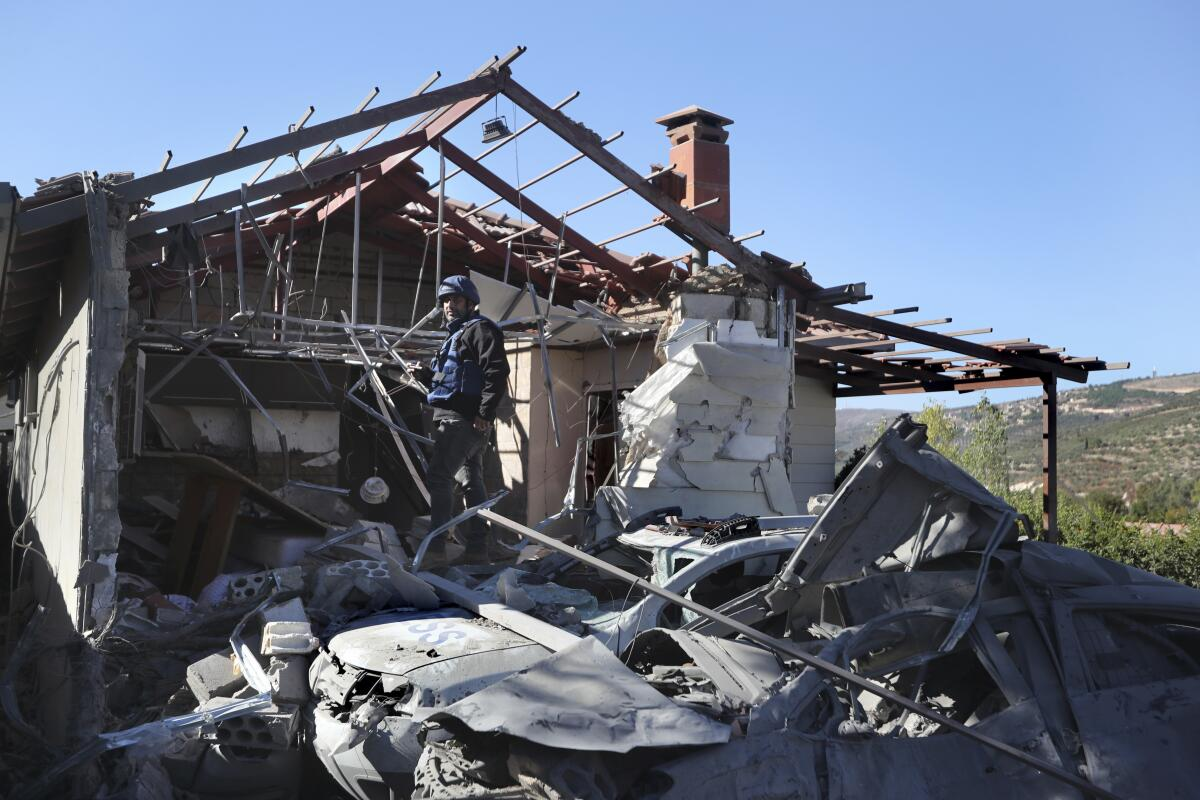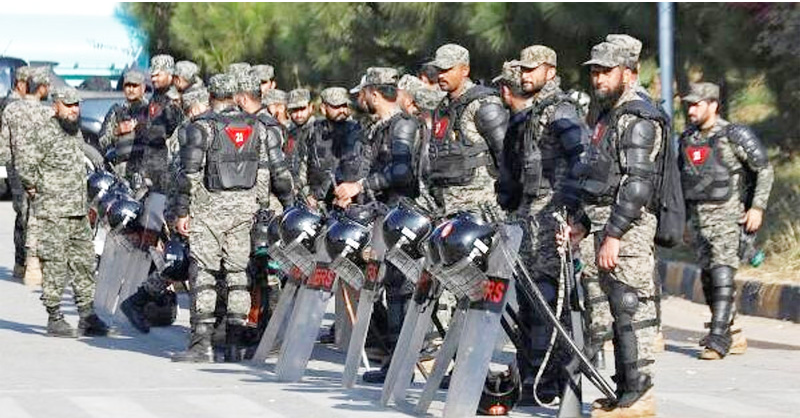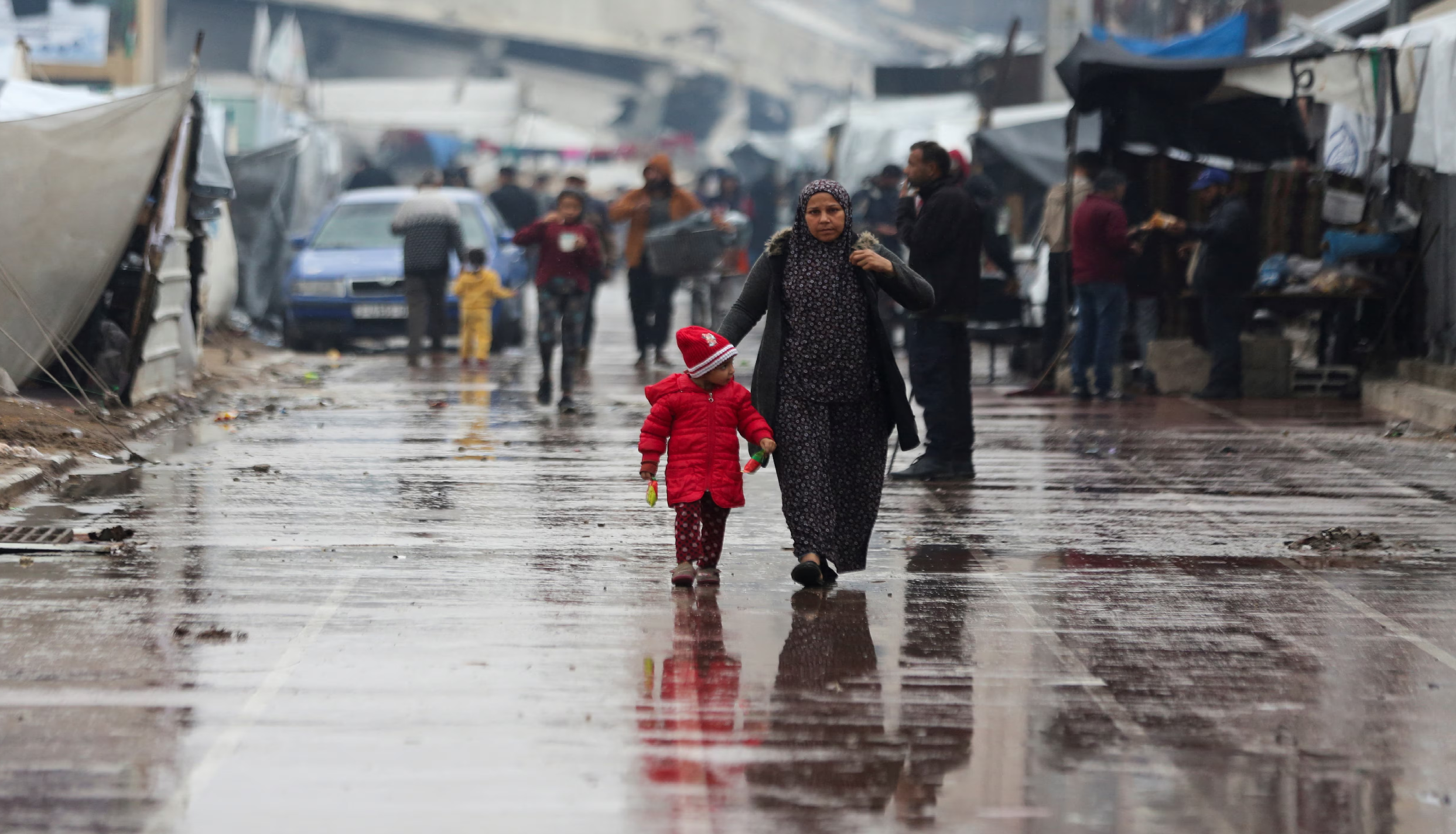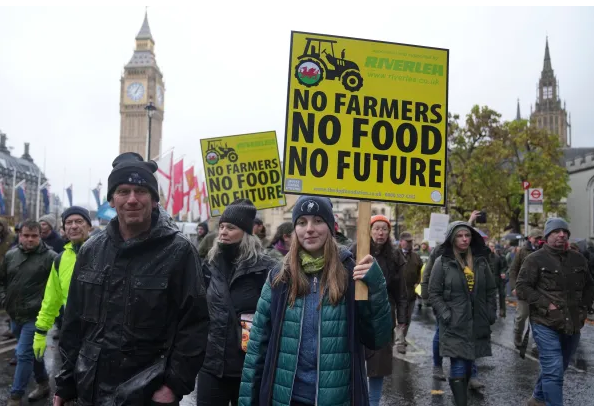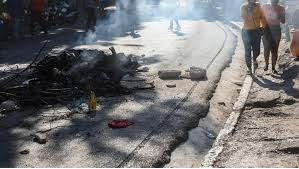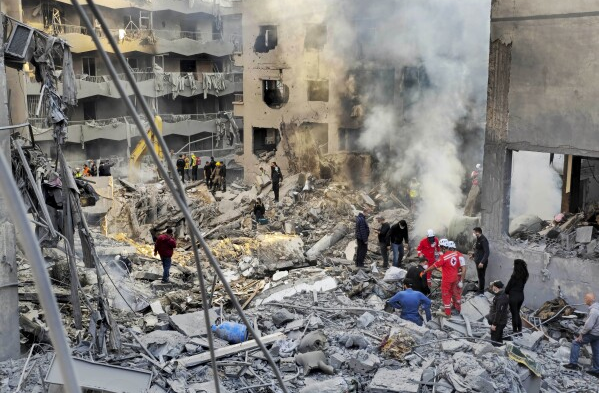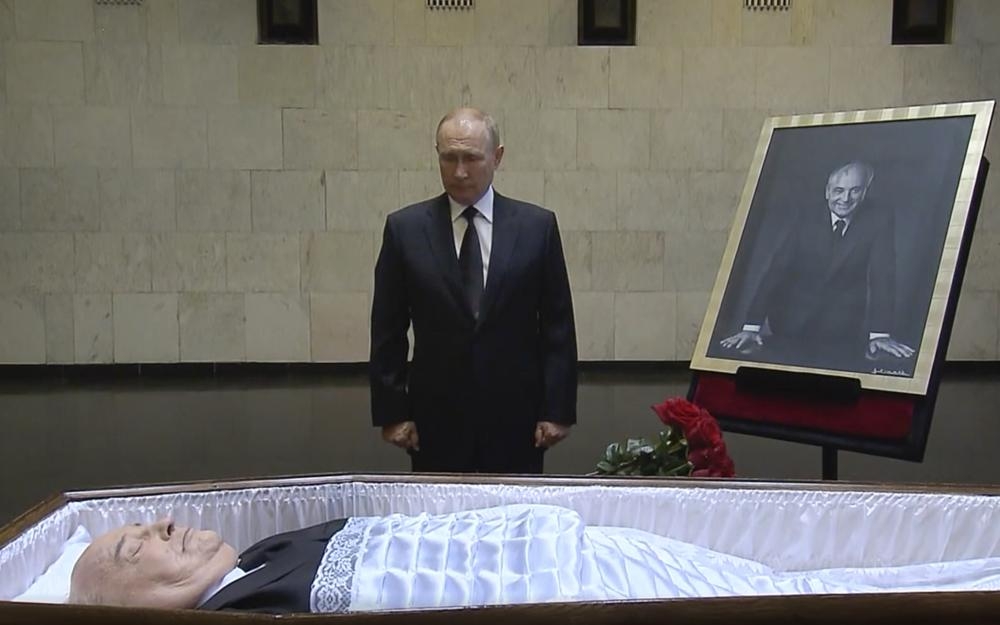
Putin reversed many Gorbachev reforms
New York: One stood for freedom, openness, peace and closer ties with the outside world. The other is jailing critics, muzzling journalists, pushing his country deeper into isolation and waging Europe’s bloodiest conflict since World War II.
Such are history’s bookends between Mikhail Gorbachev, the Soviet Union’s last leader, and Vladimir Putin, Russia’s president.
In many ways, Gorbachev, who died Tuesday, unwittingly enabled Putin. The forces Gorbachev unleashed spun out of control, led to his downfall and the Soviet Union’s collapse.
Since coming to power in 1999, Putin has been taking a hard line that resulted in a near-complete reversal of Gorbachev’s reforms.
When Gorbachev came to power as Soviet leader in 1985, he was younger and more vibrant than his predecessors. He broke with the past by moving away from a police state, embracing freedom of the press, ending his country’s war in Afghanistan and letting go of Eastern European countries that had been locked in Moscow’s communist orbit. He ended the isolation that had gripped the USSR since its founding.
It was an exciting, hopeful time for Soviet citizens and the world. Gorbachev brought the promise of a brighter future.
He believed in integration with the West, multilateralism and globalism to solve the world’s problems, including ending armed conflicts and reducing the danger of nuclear weapons.
In marked contrast, Putin’s worldview holds that the West is an “empire of lies,” and democracy is chaotic, uncontrolled and dangerous. While mostly refraining from direct criticism, Putin implies that Gorbachev sold out to the West.
Returning to a communist-style mindset, Putin believes the West is imperialistic and arrogant, trying to impose its liberal values and policies on Russia and using the country as a scapegoat for its own problems. He accuses Western leaders of trying to restart the Cold War and restrain Russia’s development. He seeks a world order with Russia on equal footing with the United States and other major powers, and in some respects is trying to rebuild an empire.
Gorbachev sometimes bowed to Western pressure. Two years after U.S. President Ronald Reagan implored him to “tear down this wall” in a speech at the Berlin Wall, Gorbachev did so, indirectly, by not intervening in populist anti-communist revolutions in Eastern Europe. The dropping of the Iron Curtain and end of the Cold War followed.
At home, Gorbachev introduced two sweepi n g a n d dramatic policies — “glasnost” or openness — and “perestroika,” a restructuring of Soviet society. Previously taboo subjects could now be discussed, in literature, the news media and society in general. He undertook economic reforms to allow private enterprise, moving away from a state-run economy.
He also loosened up on the dreaded police state, freed political prisoners such as Andrei Sakharov, and ended the Communist Party’s monopoly on political power. Freer foreign travel, emigration and religious observances were also part of the mix. Putin has veered away from Gorbachev’s changes. He focused on restoring order and rebuilding the police state. An increasingly severe crackdown on dissent has involved jailing critics, branding them traitors and extremists, including for merely calling the “special military operation” in Ukraine a war. He sees some critics as foreign-funded collaborators of Russia’s enemies.
In his quest for control, he’s shut down independent news organizations and banned human rights and humanitarian organizations. He demands complete loyalty to the state and emphasizes traditional Russian family, religious and nationalistic tenets.
 English daily published in Bengaluru & Doha
English daily published in Bengaluru & Doha

